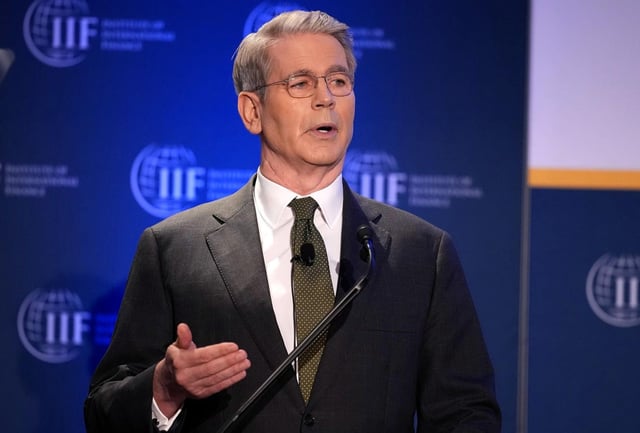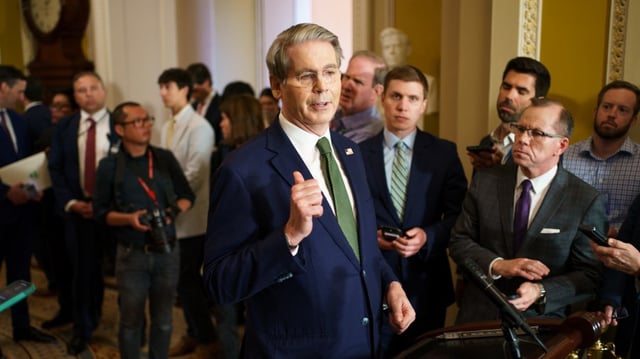Overview
- Treasury Secretary Scott Bessent urged House and Senate Republicans to strike Section 899, known as the “revenge tax,” from President Trump’s budget legislation.
- Section 899 would have authorized a retaliatory levy of up to 20 percent on investments from countries with economic policies deemed unfair to U.S. firms.
- The request comes after G7 finance chiefs reached a joint understanding under the OECD Global Tax Deal to address foreign digital service taxes.
- Section 899 was included in the administration’s broader strategy to counter special digital levies imposed on large U.S. technology companies.
- Removing the provision could alter the Senate’s imminent consideration of the tax-cut and spending bill.



